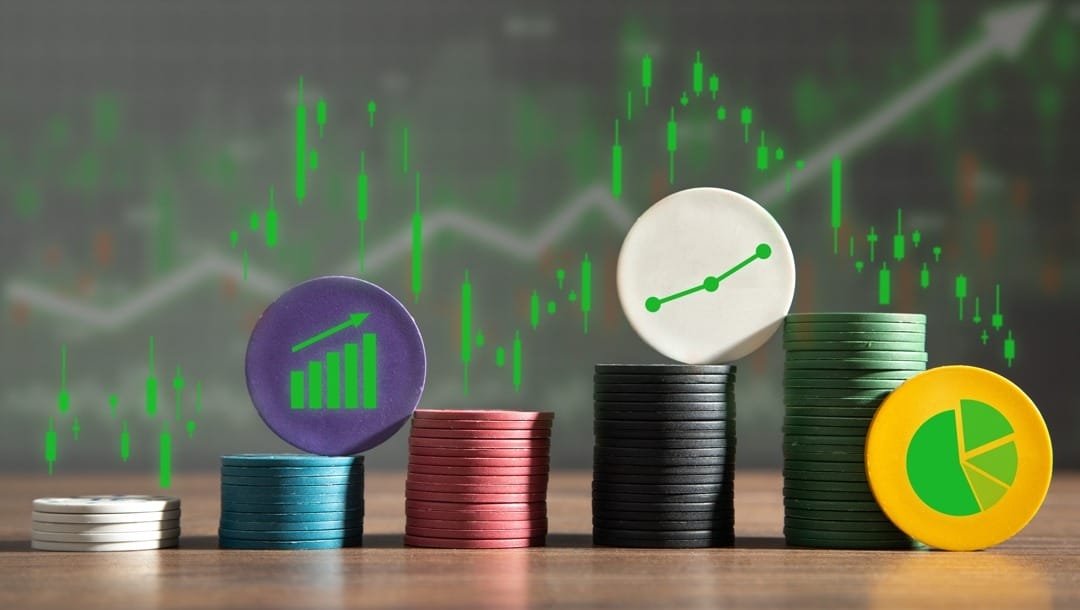
In the dynamic worlds of poker and data science, strategy and analytical thinking are not mere options but necessary tools. The advent of live dealer casino games has made it possible to play poker online with less physical distraction, allowing you to really get stuck into poker stats and other nuances of the game. Online poker games present a striking similarity to the patterns and probability analyses inherent in data science.
Although these fields may seem unrelated at first glance, they share surprising parallels that can offer critical insights into decision-making, adaptability, and perpetual learning. In poker, players assess their opponents, calculate probabilities, and make informed choices. Similarly, data scientists analyze data, draw insights, and make data-driven decisions.
Overlapping Skills and Qualities
Poker and data science might feel worlds apart, but a closer look reveals striking overlapping skill sets and qualities required for success. Whether holding a hand of cards or navigating chunks of data, well-cultivated critical thinking, problem-solving, and decision-making skills are the best allies you can have on your side.
Critical Thinking
Both poker players and data scientists need to analyze the information at hand and make connections that aren’t immediately obvious. A poker player must analyze an opponent’s behavior and betting patterns, and use past game information to anticipate their moves. Similarly, data scientists dive into complex datasets to unearth hidden insights and solve intricate problems.
Problem Solving

Every poker game presents a unique set of challenges. Players need to continually adjust their strategies in response to their opponent’s actions, similar to how a data analyst must adapt their approach based on emerging trends in data. Both require the ability to identify problems quickly and devise creative solutions.
Decision Making
Consequences are at the heart of both poker and data science. Every move in a poker game can turn the tables, and a data scientist’s decision can significantly impact a business outcome. This is why making quick decisions — often made under pressure and with incomplete information — is fundamental to both fields.
The Role of Data Analysis in Poker and Data Science
Data analysis is the common denominator connecting the seemingly contrasting worlds of poker and data science. It’s pivotal in converting raw data into meaningful insights for informed decision-making.
In poker, data analysis involves examining the statistics of poker, past games, player behaviors, and calculating the odds of specific outcomes. It helps players develop effective strategies, predict opponents’ moves, and navigate risks associated with betting. Data scientists analyze trends, patterns, and relationships within the data to forecast outcomes or guide critical business decisions. This is how companies can optimize operations, predict market trends, and improve customer experiences.
Analysis in both fields is a dynamic process. The role of data analysis in both poker and data science highlights the importance of strategic thinking in the face of uncertainty, making these disciplines two sides of the same coin.
The Role of Probability and Risk Assessment
A good understanding of probability is crucial in poker and data science. Probability is where players calculate the odds of getting a certain hand or the likelihood of winning based on the cards dealt. A poker player who has a solid grasp of poker statistics can make better decisions. For instance, understanding the statistics of poker can significantly influence a player’s strategy, ensuring they make the best possible moves to increase their chance of winning.
Likewise, data scientists often assess data sets based on probabilities to design predictive models and make informed decisions. A data scientist can use probability models to predict the outcomes of a targeted campaign or customers most likely to unsubscribe from a service. A data scientist who can accurately predict outcomes based on data can provide valuable insights that can drive business decisions.
Adaptability Is the Key to Growth

In both poker and data science, change is the only constant. Adaptability is crucial, as changing circumstances and new information can significantly affect outcomes. Poker is a dynamic game where strategies must evolve with every round, and every hand dealt, just as data scientists must adjust their models and predictions as new data and trends emerge.
A good player knows when to hang back and when to pounce on opportunity. Understanding the game’s dynamic nature allows for quick thinking and innovative tactics that can lead to some surprising wins.
Data scientists often uncover new user patterns or data trends that need a new strategy. The common occurrence of new information and challenges presented during projects require them to frequently explore new analytical methods to better understand ever-evolving data trends.
Staying Ahead of the Game
Learning is fundamental in both poker and data science. The face of these fields is constantly changing. As new poker statistics emerge, strategies are developed, and technological advancements introduce innovative data science tools, the learning curve keeps growing.
Professionals prioritizing staying educated and updated with the latest industry trends will undoubtedly come out on top of their respective disciplines. They are keen observers and analytical thinkers adept at taking calculated risks while understanding the repercussions of their choices.
There’s always something new to learn, like understanding the latest statistics and strategies of poker. In data science, it’s keeping your pulse on technological development. Either way, continuous learning is the key to success.
Join BetMGM and Receive a Poker Welcome Bonus
New to BetMGM? We’ve got a special welcome offer just for you. Create a new account and make a minimum deposit of $10 to enjoy a host of rewards, including a poker welcome offer. Want to enhance your poker play even further? We’ve got tips on how to use your welcome bonus. Join today to play online poker at BetMGM.
Learning the winning formula of adapting strategy and probability in poker and data science. Play your cards right with BetMGM.


